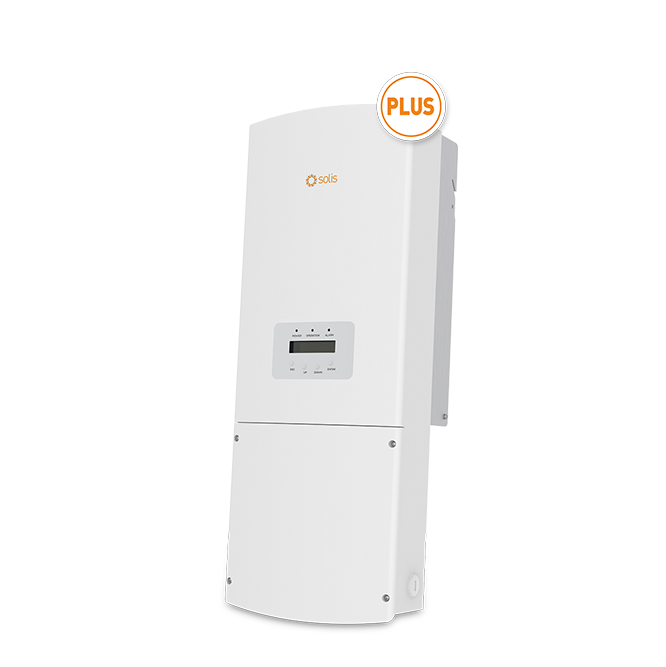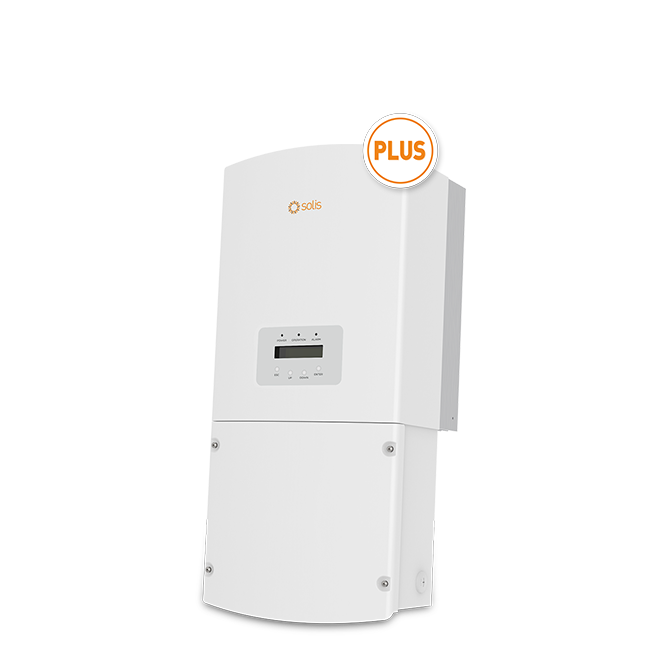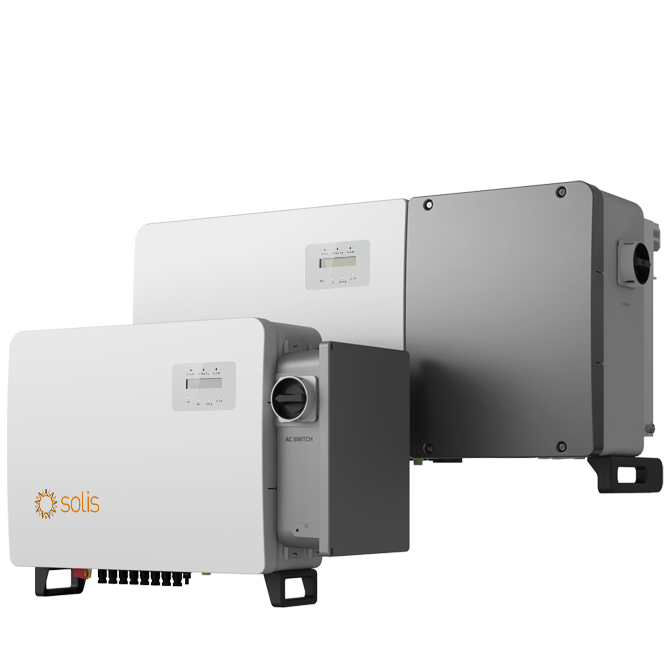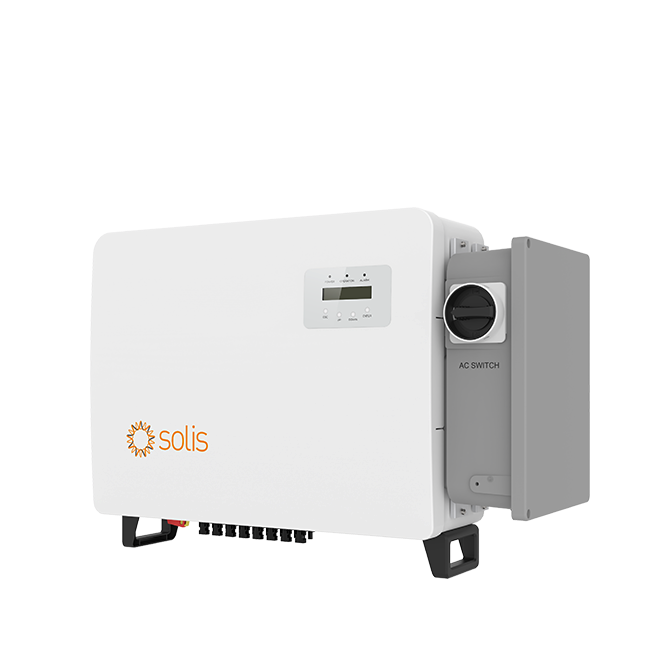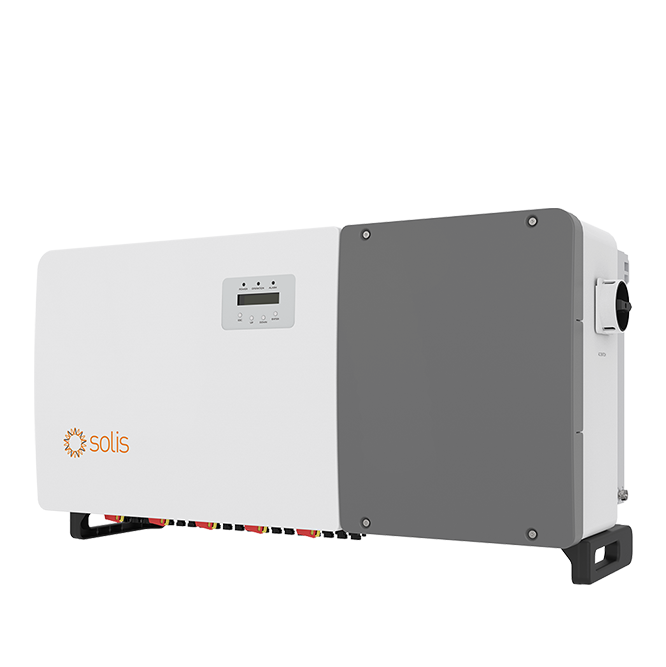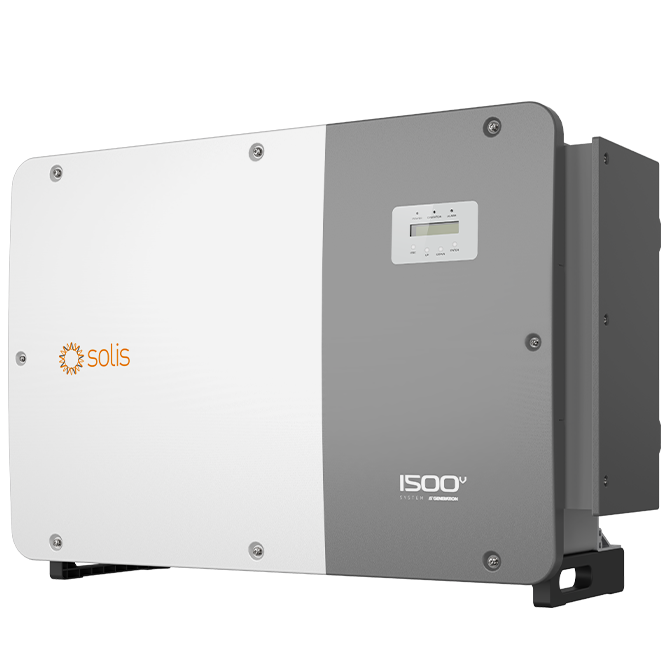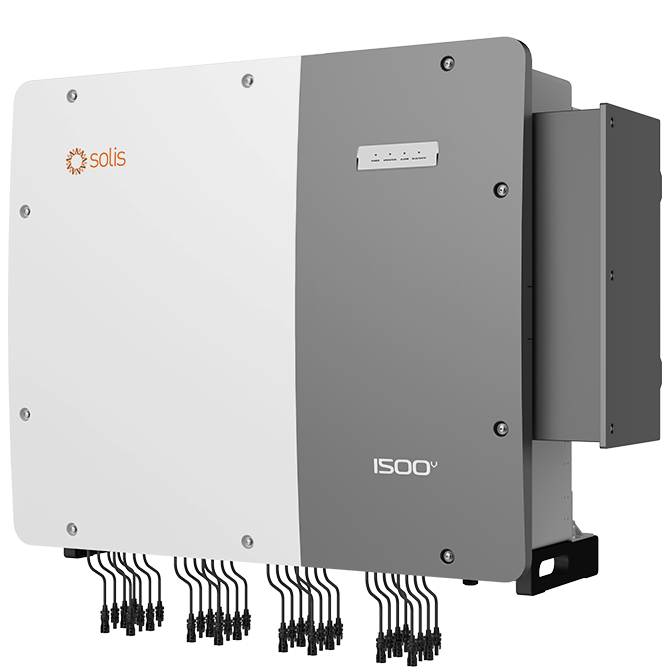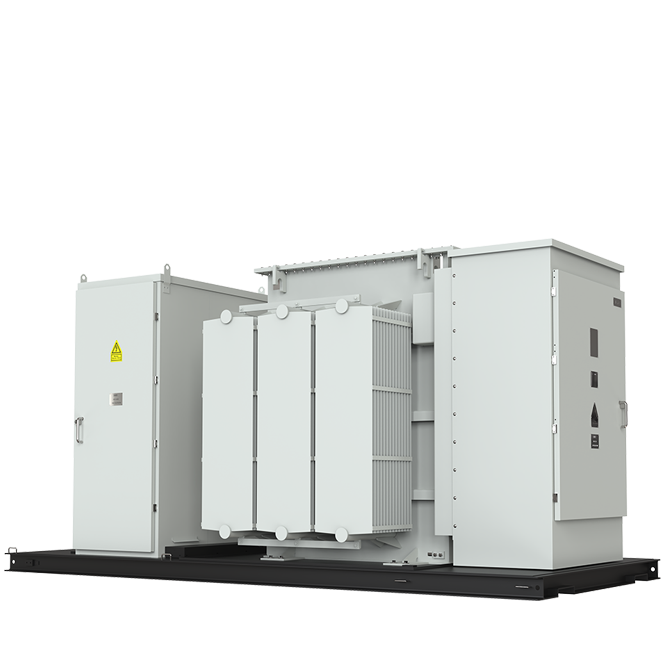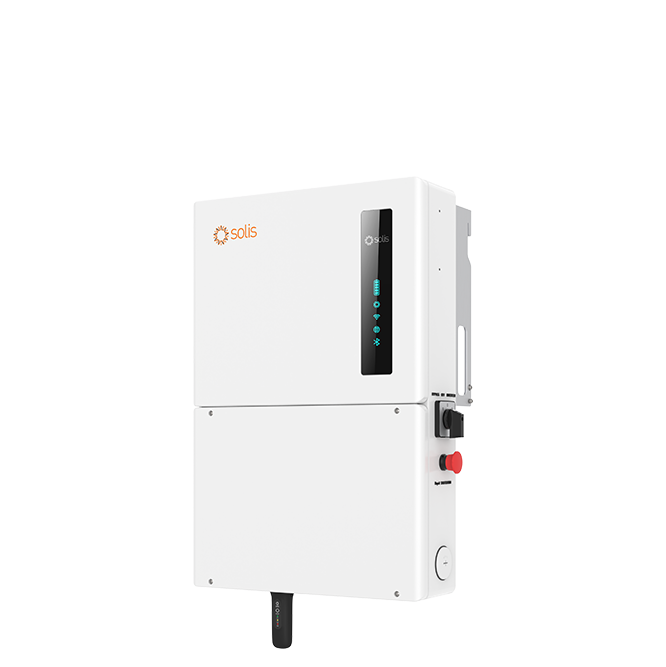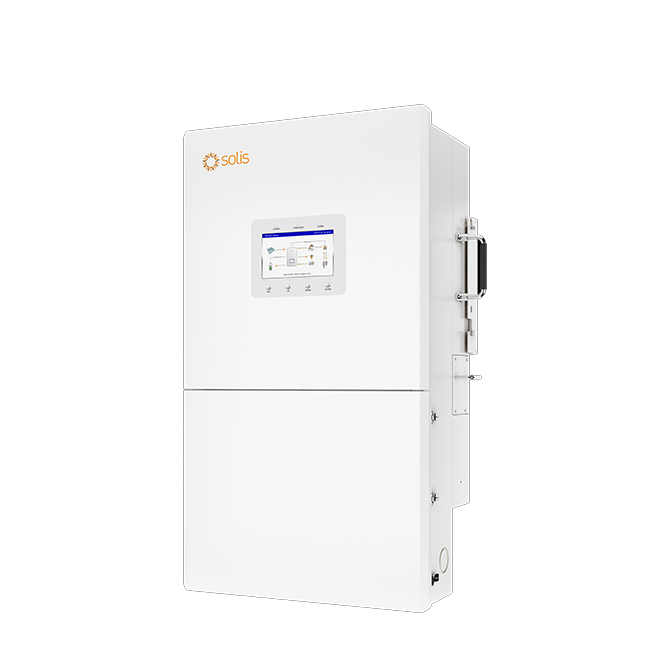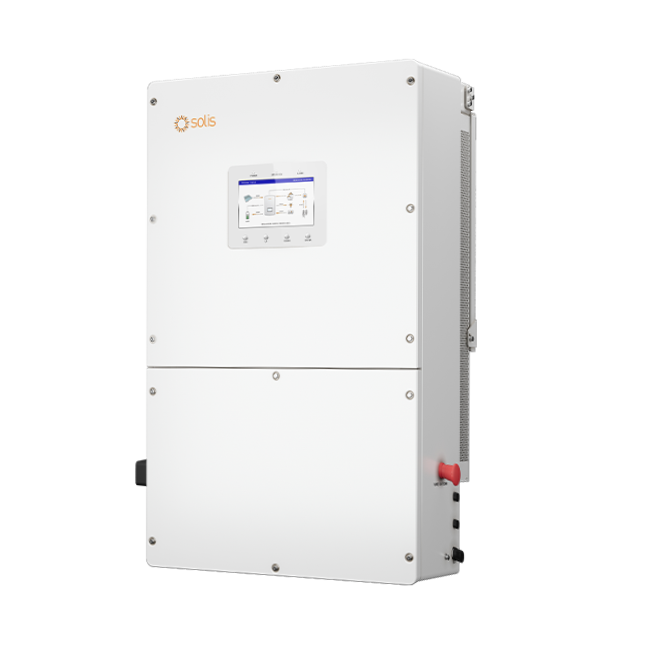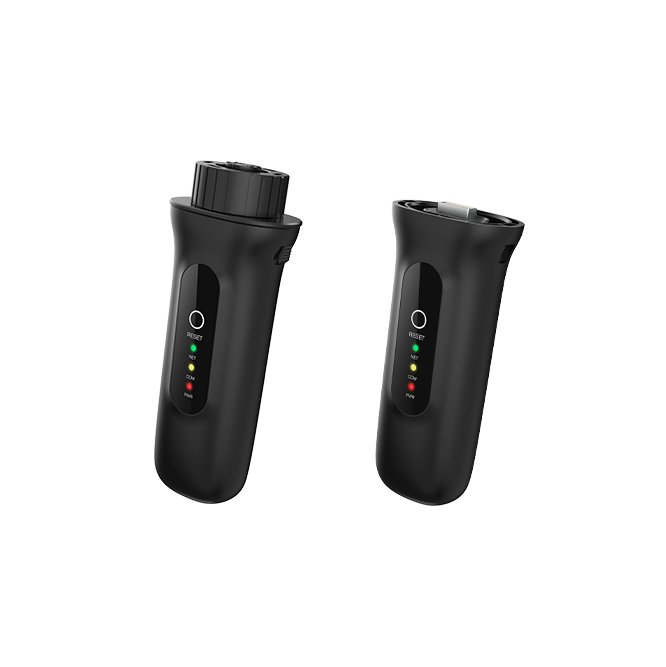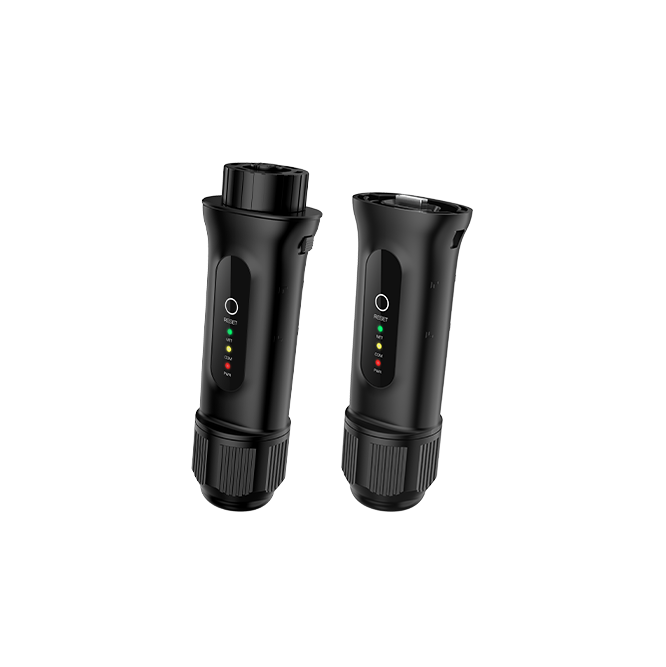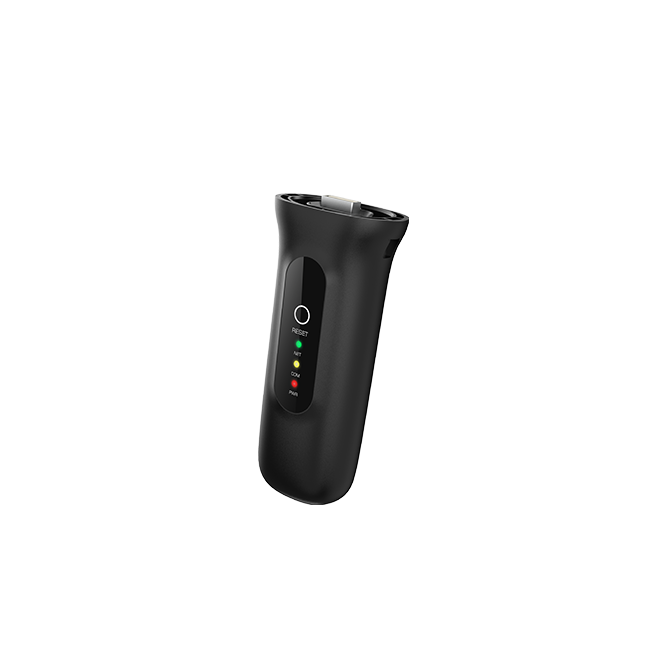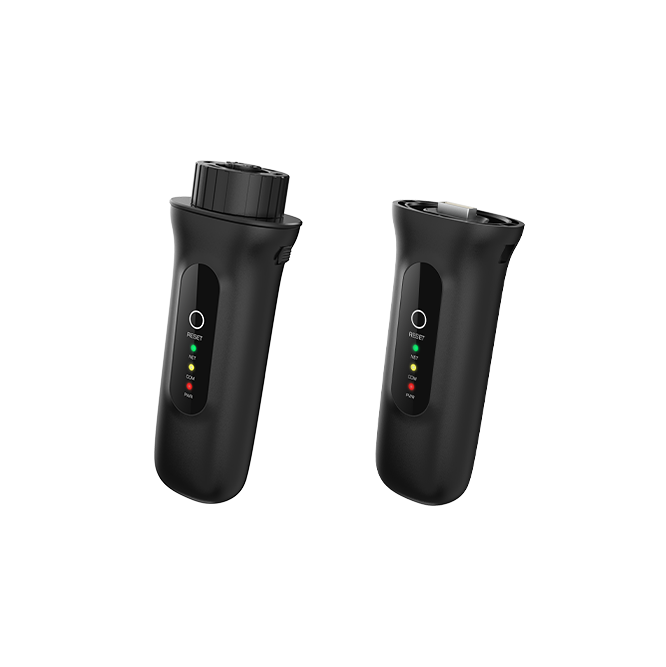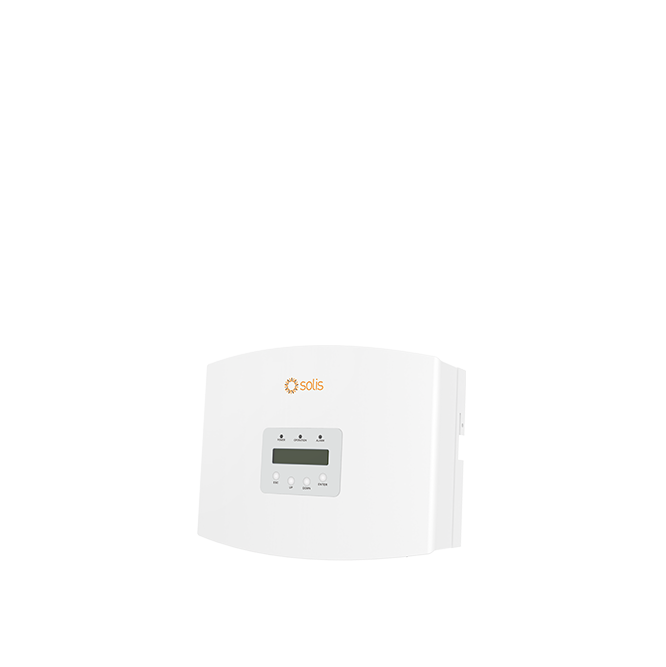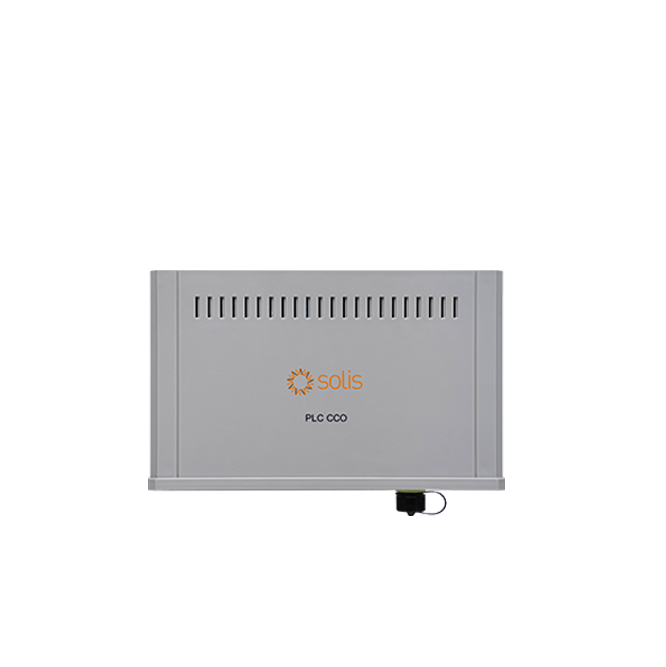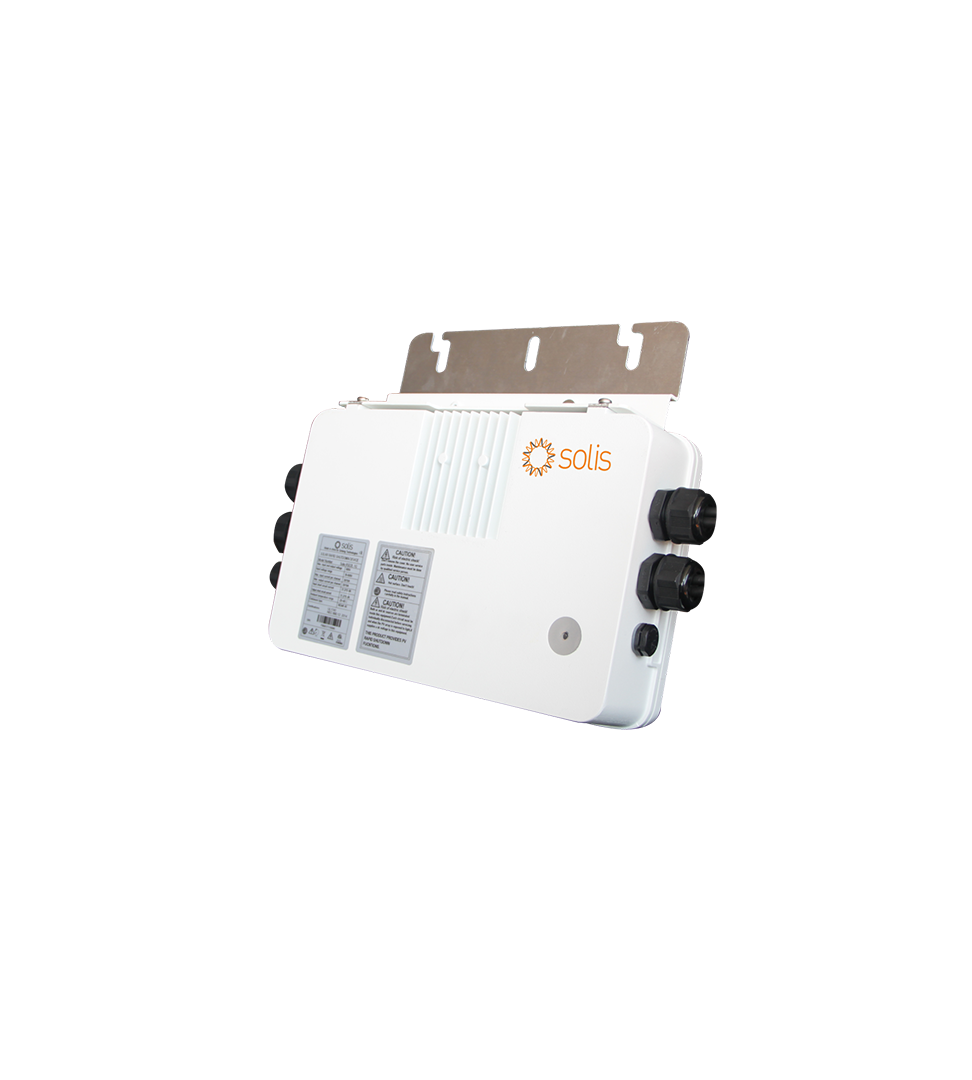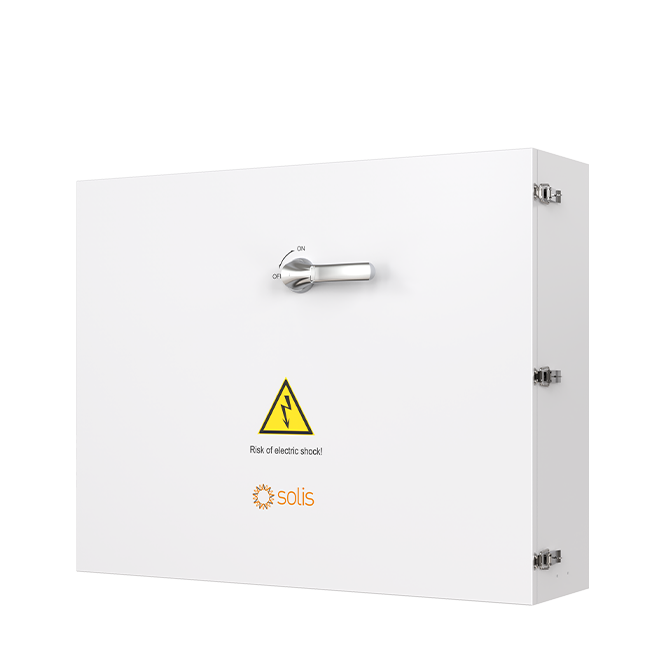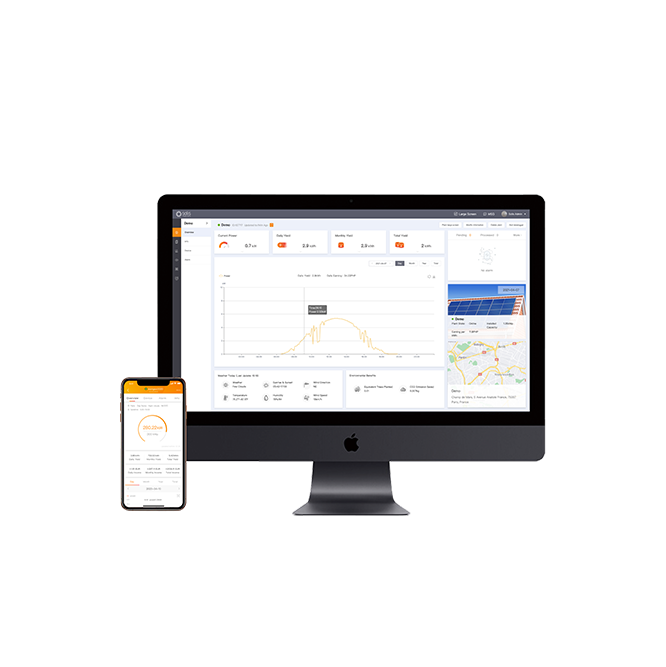Solis recommends anti-grid surger in solar houses. Installation of multistage surge protection device (SPD) , used with the correct SPD wiring method for different grid systems and high quality grid-tied inverters ensures the prevention of any unwanted discharge to facilities.
Feb 20, 2021-Zhejiang, China, Solis will promote the culture of anti- grid surge protection for residences and C&I roof that have solar power supply systems to ensure the safety of photovoltaic installations.
In a PV system, we usually focus on lightning strike surge, but what can't be ignored is short circuiting linked to the grid, during switching operations or large engine start-stop energy, which like lightning, can be very destructive to power electronics such as inverters. Identifying and being prepared for such situations is key to the safety of solar installations.
The Grid surge, or Switching operations (switching electromagnetic pulse, SEMP) can generate induced surge voltages that spread to supply lines. In the case of large switch-on currents or short circuits, very high currents can flow within a few milliseconds. These short- term current changes can lead to transient over voltages and the main sources fall into the following categories:
(1)Input and excision of large loads;
(2)Input and excision of inductive loads;
(3)Input and excision of reactive compensation capacitor;
(4)Short circuit fault of grid;
Grid surge exists in any power grid, especially in factories with a poor grid or large load with often input and excision. According to data, the electric surge caused by electricity load in the grid system accounts for about 70% of surges, while lightning surge is only about 30%.
Grid surge exists in any power grid, especially in factories with a poor grid or large load with often input and excision. According to data, the electric surge caused by electricity load in the grid system accounts for about 70% of surges, while lightning surge is only about 30%.
Although grid surges are not as energetic as lightning strike surges (often hundreds of kilovolts), but its transient over-voltages range from hundreds to 20,000 volts and happens more often. This can cause potential issues in a PV system including:
1.Causes the leakage current protector, circuit breaker and other equipment of the distribution box to act or even burn down.
2.Affect the normal operation of the inverter, even destroy the electrical structure of the built-in SPD or relay of the inverter.
Given this reality, Solis has a set of recommendation for preventing such risks to photovoltaic systems, supported by Solis technical engineers on site to share the accumulated experience in this regard.
All Solis inverters have the ability to monitor the state of the grid. When grid surge occurs, the inverter LCD display and monitoring equipment will show Corresponding fault information, and disconnected from the grid in time, waiting for the fault to recover. So don’t worry, please deal with the problem according to the fault information in time.
Correct selection and use of additional multi-level SPD equipment is an effective way to prevent grid surges. And engineers mainly explain through the following three parts:
Selection principle:
(1)SPD's maximum continuous operating voltage Uc needs to be referred to the floating value of grid node Ug;
Uc≈1.15 X Ug;
(2)Imax lightning current, Class II surge protector needs to pay attention to 8/20us lightning impulse current, which is recommended to be greater than 20KA;
(3)The protection horizontal voltage Up is consistent with the AC withstand voltage Uw of the inverter;
Up≈0.8 X Uw;
Connection mode:
Select the appropriate SPD connection mode according to Grid Systems.

Notes:
1)Please to protect SPD with series circuit breaker or fuse.
2)The connecting wire of SPD shall be short & straight, and its total length shall be within 0.5 m.
3)The system must be well grounded.
4)Please replace the SPD when it fails.
"Of course, PV grid-tied inverters also have built-in AC and DC SPD, but grid surges are high and account for up to 70%, which can easily affect the inverter. Adding an additional SPD on the AC side can form multi-level protection for the system, and it is easier to replace the SPD after it fails, especially in factories with poor grids or heavy loads, and the inverter can use products with higher surge protection levels, such as Solis-(100-125)K-5G series products, with Type-I AC SPD." explains our expert.
About Ginlong Technologies
Established in 2005, Ginlong Technologies (Stock Code: 300763.SZ) is one of the most experienced and largest manufacturers of PV string inverters. Presented under the Solis brand, the company's portfolio uses innovative string inverter technology to deliver first-class reliability that has been validated under the most stringent international certifications. Armed with a global supply chain, world-class R&D and manufacturing capabilities, Ginlong optimizes its Solis inverters for each regional market, servicing and supporting its customers with its team of local experts. For more information on Solis delivers value while maximizing reliability for residential, commercial, and utility customers, go to solisinverters.com.

 中国
中国
 India
India
 Việt nam
Việt nam
 Australia
Australia
 대한민국
대한민국
 پاکستان
پاکستان
 ประเทศไทย
ประเทศไทย
Filipino
 Malaysia
Malaysia
 Bangladesh
Bangladesh
 Sri Lanka
Sri Lanka
 Indonesia
Indonesia
 Узбекистан
Узбекистан
 Ireland
Ireland
 Česká republika
Česká republika
 Türkiye
Türkiye
 United Kingdom
United Kingdom
 France
France
 Deutschland
Deutschland
 Nederland
Nederland
 España
España
 Sverige
Sverige
 Italia
Italia
 Polska
Polska
 Україна
Україна
 Português
Português
 България
България
 Magyarország
Magyarország
 Lietuva
Lietuva
 Ελλάδα
Ελλάδα
 Suomen tasavalta
Suomen tasavalta
 United States
United States
 Canada
Canada
 México
México
 Brasil
Brasil
 República de Chile
República de Chile
 South Africa
South Africa
 المملكة العربية السعودية
المملكة العربية السعودية
 الجمهورية اللبنانية
الجمهورية اللبنانية
 امارات عربية متحدة
امارات عربية متحدة
 اليمن
اليمن
 المملكة الأردنّيّة الهاشميّة
المملكة الأردنّيّة الهاشميّة
 جمهورية مصر العربية
جمهورية مصر العربية
 la République Tunisienne
la République Tunisienne
 Kenya
Kenya
 Tanzania
Tanzania
 Nigeria
Nigeria
 Other Countries and Regions
Other Countries and Regions
